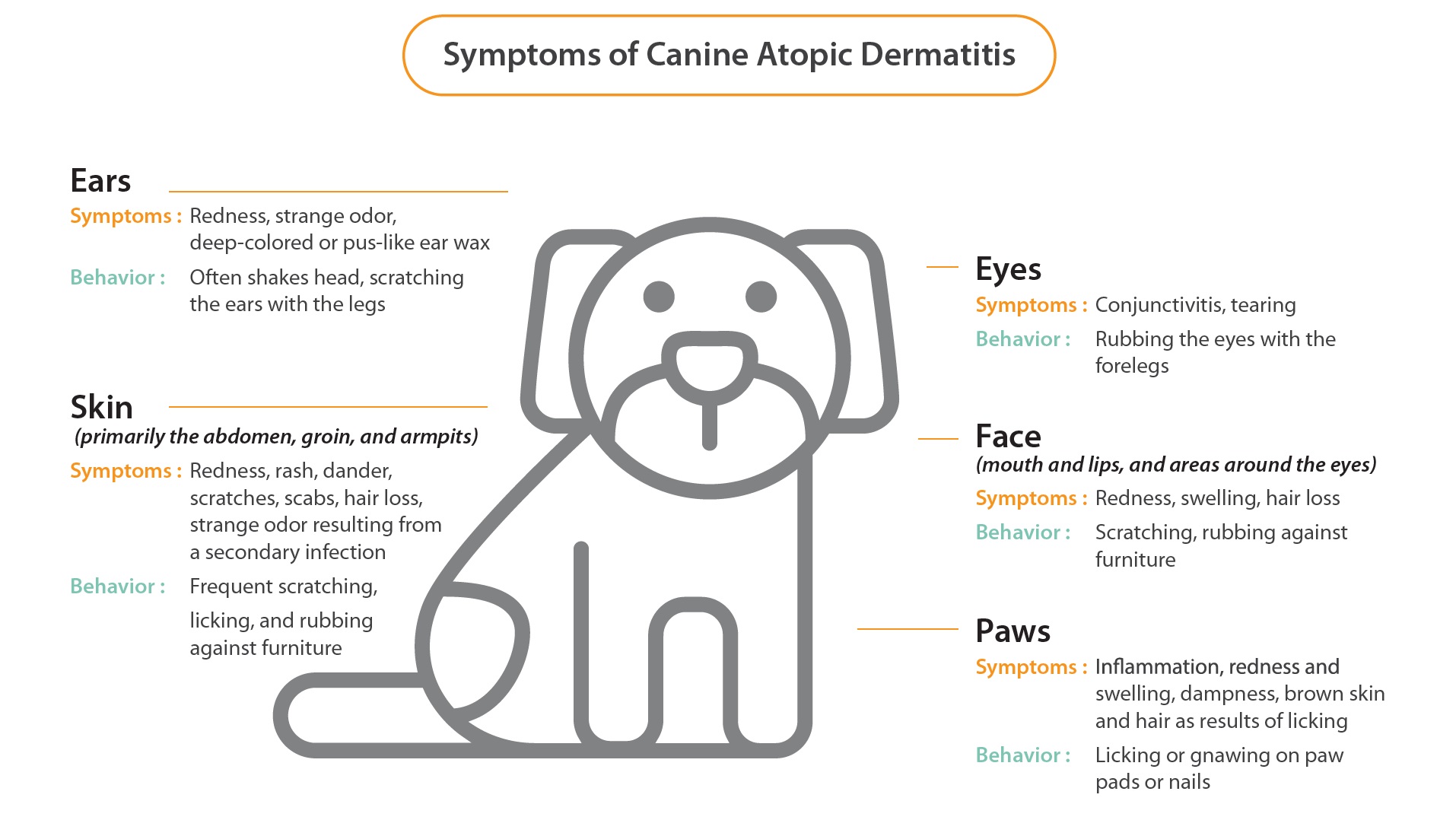We have always been asked, what contributes to a healthy skin for my pets? The answer is as complex as the questions itself. The problem with skin is that the signs shown by diseased skin are very similar, even though it might have many causative organisms or causes. The skin contains 3 layers which are the epidermis, dermis and subcutaneous. Disorder in any of these 3 layers can cause skin problem and the skin can only response in a number of ways such as itching, reddening, loss of hair, excessive scaling, excessive oil production and thickening.
While the skin is the largest organ, we often think that it will take care of itself; however skin problem is the number one complaint in any vet clinics around the world. So before you go running around searching for the elixir of perfect healthy skin, take a step back and look at your pets;
- What breed or crosses of breed is my pet?
- What type of food am I feeding my pet?
- Did I do any prevention for ticks and fleas?
- How often do I groom my pets and what type of shampoo did I use?
- How often or have I seen my pets itching?
- Have I seen the veterinarian lately? Have I asked the veterinarian about the importance of healthy skin?
A healthy skin with lustrous fur is what every pet owners hope to have. Unfortunately, we think that is has to do only with the skin. As a matter of fact, we need to look at the overall health of the pets and are we getting the right care for this. Then only, we would look for other problems such as if the dog might have an immune problem, liver problem or any other infections. Now, what actually contributes to a healthy skin? There is no one answer but a set of management that we all could follow to achieve the desired skin in our pets.
1. Get our pets on a proper and effective tick and flea prevention. A lot of people are still unaware that ticks and fleas prevention have to be done throughout the year. Many think that they are only needed during infestation, forgetting that there are other life stages in the environment, your neighbours’ pets and pests. Getting the right prevention such as Frontline® spot on combo would not only prevent ticks and fleas but also have an effect on stages of flea in the environment. More importantly, it is the continuous usage that would reduce the environmental burden on your pets over time.
2. Genetics, proper and balanced diet with supplementation are key factors for a healthy coat. Only with proper nutrients that the food for the skin will be met and at the same time optimizing the expression of genes. We could not stress enough about the roles of Omega 3 (EPA and DHA) and Omega 6 (anti-inflammatory GLA). Both essential fatty acids work in tandem to keep the skin healthy and prevent water loss. Other important nutrients including MSM, Perilla seed extract, DMG, Vitamin A,C,E, grapeseed extract that acts as antioxidant to prevent damage to cell DNA. These could be found in Dermastrength®.
3. Get our pets to the veterinarian if there is excessive scratching to find out the cause as it could range from mites, bacterial or fungal infection to allergies or a combination of those. It cannot be overly stated that there are many myths and old wives tale on treating skin so please do not depend only on the internet for information. If your pets have an allergy, then it should get tested for an allergen test and then start treatment as discussed with your veterinarian that could include some of the modalities above and also we may be introduced with probiotic therapy, allergen specific immunotherapy or specific drugs.
4. Brushing our pets regularly would help to keep healthy oils on the skin to be evenly distributed and reduce the clogging of follicles by dead hairs. Get oatmeal shampoo if our pets have sensitive skin and should not be bathed too often to prevent excessive loss of natural oil from their coat.
All in all, a healthy skin is a healthy pet, spend some time brushing your pet, play with them, feel their fur and skin and you will know if your pets are getting the care it should be getting. Let’s remind ourselves that without us we would never know what is happening to our pets.






